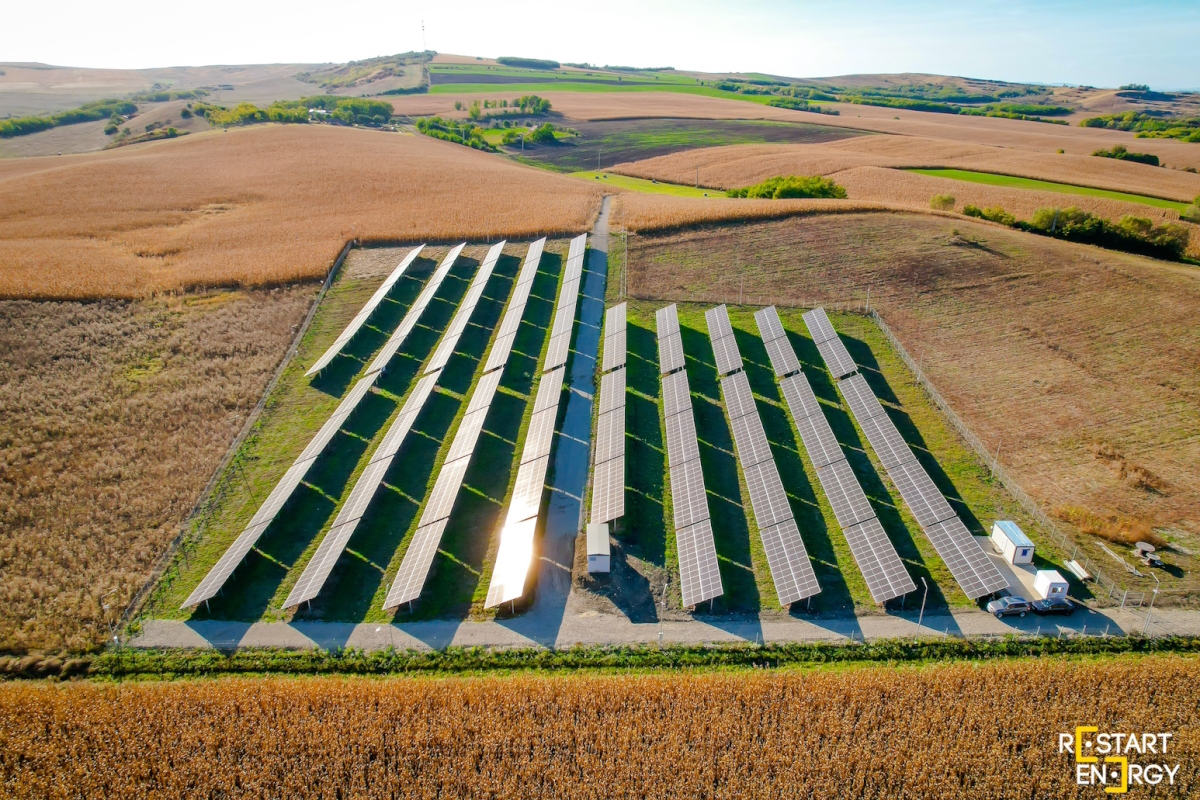
Restart Energy Completes €900,000 Photovoltaic Project for Tehno Proenergy, Cutting CO2 Emissions by 155 Tons Annually
Restart Energy has successfully finalized a €900,000 photovoltaic power plant project for Tehno Proenergy, a company based in Alba County. The plant, featuring 1,818 solar panels spread across 10,000 square meters, has a total capacity of 999.9 kWp and will produce 1,287 MWh of electricity annually, fully covering the energy consumption of the company.
This project will bring significant environmental and financial benefits, including reducing CO2 emissions by 155 tons per year and cutting energy costs by approximately €200,000 annually. The investment is expected to be amortized within five years.
“We support our partners in transitioning to sustainable energy by providing locally produced green energy, which optimizes their energy costs,” said Armand Domuța, CEO and Founder of Restart Energy. The company provided comprehensive services, from consulting and design to implementation, ensuring a seamless transition to renewable energy for Tehno Proenergy.
Restart Energy has a strong portfolio in renewable energy, having completed over 150 photovoltaic projects with a total installed capacity of more than 50 MW, capable of generating 20.54 GWh of electricity annually and avoiding 13,411 tons of CO2 emissions. The company’s current development pipeline includes over 1,000 MW of photovoltaic projects.
In June 2024, Restart Energy signed a €56 million contract with Transelectrica to connect a 500 MW photovoltaic park, which will generate enough energy to power 200,000 households and reduce carbon emissions by 400,000 tons annually. Over the park’s lifetime, it will help avoid 12 million tons of CO2 emissions, with environmental benefits valued at more than $1 billion.
Restart Energy continues to play a significant role in Romania’s solar energy market, supported by favorable policies and international investments. Romania’s national strategy aims to increase its installed solar capacity from 3.1 GW today to over 8 GW by 2030, contributing to the country’s goal of sourcing 36% of its energy from renewable resources.
Share
Share















